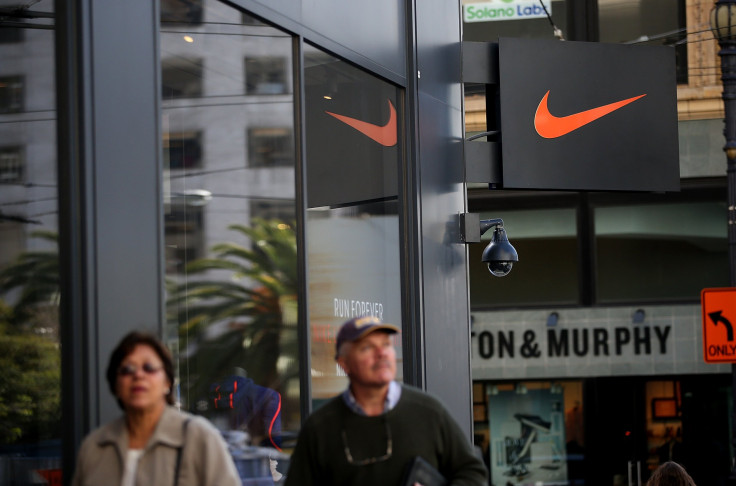How Much Do Nike's Self-Lacing Sneakers Cost? HyperAdapt 1.0 Shoes Get Price, Release Date

The futuristic, self-lacing sneakers from Nike that have received near-relentless attention over the past few months finally have a price tag.
Nike confirmed the price of its new HyperAdapt 1.0 sneakers Monday — and they’re not cheap. The shoes will set shoppers back $720, according to a news release. However, Footwear News reported the high price was to be expected due to the considerable amount the company likely spent to bring the sneakers to market.
The kicks, which are modeled after the ones Marty McFly wears in the 1985 movie “Back to the Future,” finally have a due date, as well. Nike announced in its release that the self-lacing sneakers will hit stores Dec. 1, just ahead of the holidays (and, unfortunately, just after all those Black Friday sales). If you're a specially chosen Nike+ App user, you could get limited access on Nov. 28.
The Nike HyperAdapt 1.0 shoes follow the ultra-exclusive release of the Nike Mag — the actual ‘80s throwback, McFly-inspired sneakers that were raffled off — in early October.
The latest on the Nike Hyperadapt release: https://t.co/C6sA5mZK4U pic.twitter.com/vQFqVMOwUQ
— SoleCollector.com (@SoleCollector) November 15, 2016
The HyperAdapt shoes, which feature the same technology, have arrived in a sleek, low-top style similar to Nike’s Flyknit series. The shoes are outfitted with pressure sensors inside the shoe that respond to help tighten the laces on the sneakers. Buttons on either side allow the tightness variances to adjust depending on the wearer’s preference. Light-up LED soles also respond when the batteries in the shoes need to be charged. Wearers can recharge the sneakers by simply placing them on a charging dock.
The black/white/blue lagoon colorway and a metallic silver/black/white colorway will also be available later next month through some retailers and the Nike+ Plus app, according to the release.
The shoes were created by Nike’s vice president for design and special projects, Tinker Hatfield, and CEO Mark Parker.
"Innovation at Nike is not about dreaming of tomorrow. It's about accelerating toward it," Hatfield said in a March news release. "We're able to anticipate the needs of athletes because we know them better than anybody. Sometimes we deliver a reality before others have even begun to imagine it."
© Copyright IBTimes 2024. All rights reserved.






















